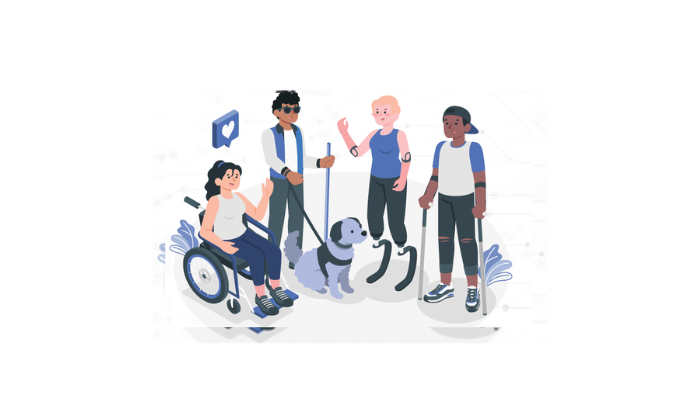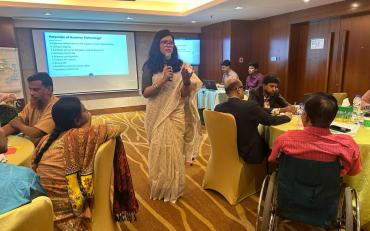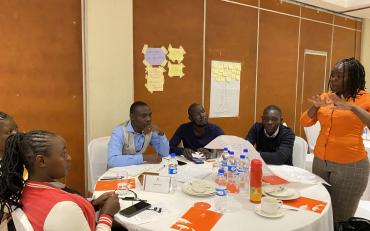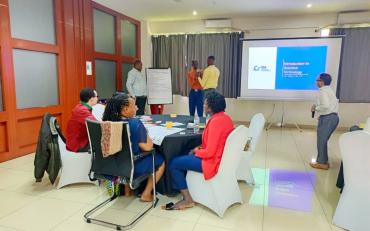Find information about assistive technology references in Human Rights Council resolutions here.
Findings from IDA's AT Survey in International Sign


About Assistive Technology
Today, 2.5 billion people need to use at least one type of AT, such as wheelchairs, hearing aids, prostheses, eyeglasses or digital services, but in low-income countries, over 90% do not have access to it. AT can make a significant difference in a user's ability to participate fully in social, economic, political, cultural, and family life. From supporting persons with disabilities to find meaningful employment to ensuring children with disabilities have access to quality and inclusive education to safeguarding the right of persons with disabilities to adequate healthcare, AT is crucial for a just, inclusive, and productive future for all. On the other hand, lack of access to AT can result in exclusion from education, work.
 AT users Community of Practice
AT users Community of Practice Publications
Publications Calendar of Events
Calendar of Events Current Projects
Current Projects

